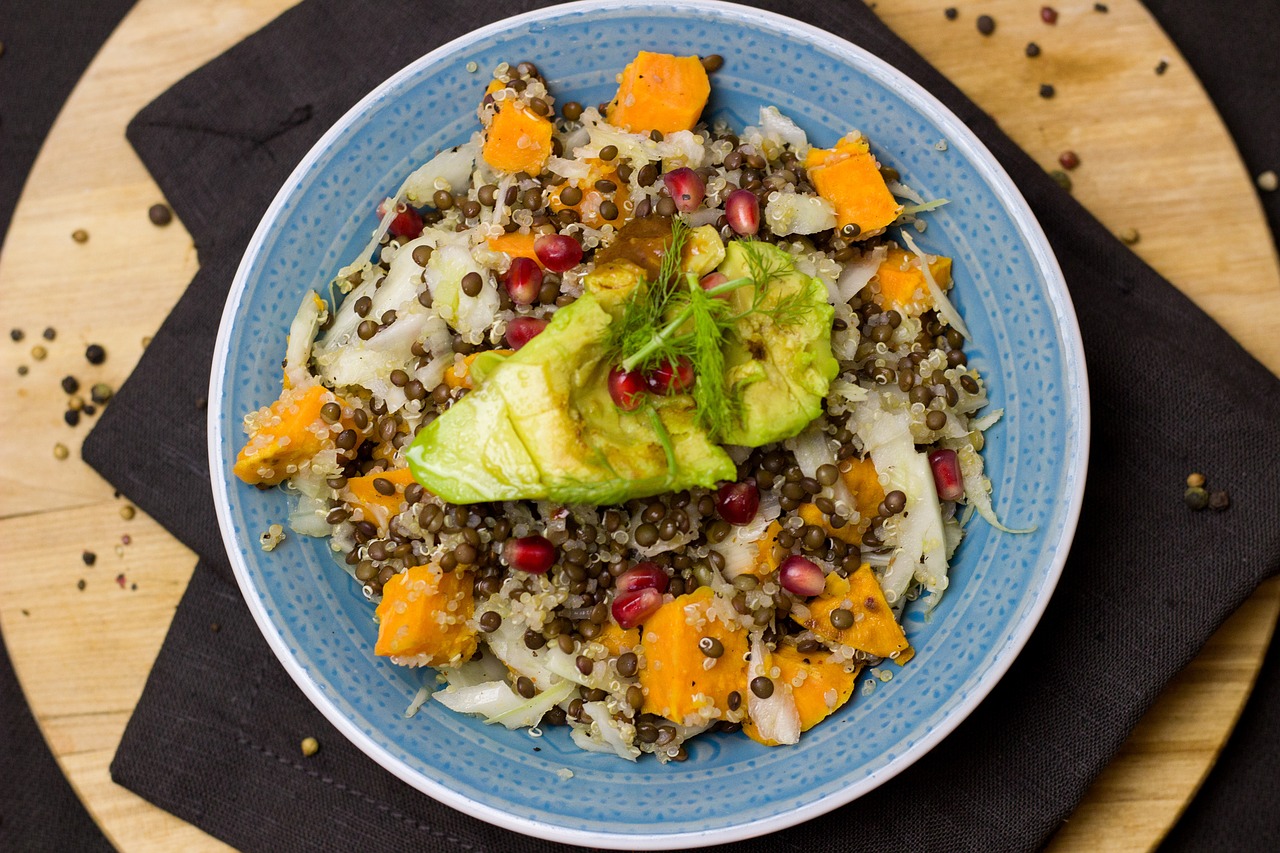Why did Sarah Vine fail on a vegan diet?

Writing at length about her four-week vegan experience, Sarah Vine – married to Michael Gove, Secretary of State for Environment, Food and Rural Affairs – didn’t hold back in criticising veganism, labelling it a fad and arguing that people need meat. What went wrong?
At first, Sarah seemed to be open-minded about trying veganism but after experiencing some digestive issues and getting questionable advice from her nutritionist, things went downhill. It’s not clear whether Sarah or her nutritionist did any further research but it seems her problems could have been resolved with diet adjustments and a bit more time. Instead, Ms Vine decided to self-diagnose with a B12 deficiency – which only ever develops over long periods of time, months if not years, so unlikely to have been the cause of her trouble!
The main issue for Sarah was bloating and general digestive turmoil coupled with low energy which led her nutritionist to suggest she wasn’t absorbing nutrients properly. Instead of tweaking her diet, the nutritionist’s advice was to soak nuts and seeds prior to eating. That may help a little but if the nutritionist had any experience with actually being vegan, she’d know that’s not the most obvious solution.
What Ms Vine stumbled upon is one of the common issues with sudden diet changes – you have a certain ‘set’ of gut bacteria helping you digest foods and there are many different types; if you’ve been eating a lot of animal products, you have bacteria geared up to digesting animal fat and protein and not many that help you process starchy carbohydrates (found in plants). If you suddenly start eating only plant foods, and as Sarah admitted she didn’t even eat mock meats but went wholefoods only, you simply don’t have enough of the good bacteria in your gut to help you deal with all the plant starches, fibre and more. It takes time for your body to adapt and for the good bacteria to multiply and re-establish a new balance in your digestive system. How long? A few weeks. For that reason, it works better for many people to transition to veganism gradually, rather than go ‘cold turkey’ overnight as your gut bacteria need time to slowly change and adapt.
Note that the type of friendly bacteria we are talking about here have been shown to benefit health whereas the type found in meat-eaters’ guts is linked to the build-up of harmful cholesterol in the arteries.
Another common stumbling block is that we are all different and have our own quirks in terms of food sensitivities or combinations that suit our digestive system. If you suddenly introduce a range of foods you have never eaten before – as did Ms Vine – you don’t give yourself a chance to work out what suits your body best. Some people may not be able to digest one particular variety of beans but that doesn’t mean all beans are bad. Or you may combine foods in a way that’s guaranteed to make you bloated, such as eating fruit after a big meal, but that shouldn’t put you off eating fruit!
Instead of trying to work out the particulars, Sarah Vine decided to completely turn against veganism, citing dated myths about protein, iron and zinc and accusing companies of only promoting veganism to line their own pockets. Perhaps she didn’t get the right advice and was too quick to judge but being a public figure, she should have approached this experiment of hers more seriously, especially because she knows very well how much harm animal farming causes to the environment and the immense suffering it forces on the animals. What a shame she wasted this opportunity.
See what belongs in a healthy vegan diet and check out our Nutrition News for the latest on diets and health!




